Here, the National Assembly Chairman and the delegation heard an introduction about the formation, development and outstanding results of SHFTZ; discussed and learned about the institutional framework, operation methods and special and specific policies for SHFTZ, practical experience in implementing controlled testing mechanisms...
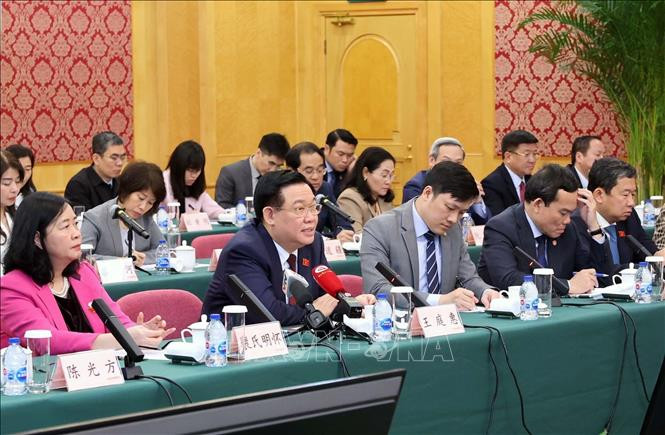
The leaders of Shanghai and SHFTZ thanked National Assembly Chairman Vuong Dinh Hue for taking the time to visit Shanghai and SHFTZ, marking an important milestone in the cooperative relationship between Shanghai and Vietnam.
Introducing SHFTZ, the leader of SHFTZ said that the Zone was established in September 2013, and is the first free trade zone to be piloted to implement China's policy of multilateralization and diversification. Up to now, China has had 22 similar Zones. After more than 10 years of formation and development, this pilot Zone has become a typical innovative economic model, contributing to the increasingly expanding economic scale of Shanghai and helping to attract large foreign investment capital.
By the end of 2022, a total of 84,000 new enterprises had been established in the SHFTZ. The Pudong New Area alone attracted 18,691 new foreign investment projects, with a cumulative registered capital of US$217.2 billion. The scale of merchandise trade increased from US$207.6 billion in 2013 to US$340.5 billion in 2022.
Regarding the institutional framework, the leader of SHFTZ said that the National People's Congress of China empowers local People's Congresses to issue legal documents, prescribe appropriate and effective mechanisms and policies for each Zone, based on practical needs and provisions of the Constitution. China's 22 Free Trade Zones do not have a common regulatory framework law, but each Zone will have specific mechanisms and policies to promote the highest efficiency.
In each area under the Free Trade Pilot Zone, there will also be appropriate policies. For example, with the Pudong New Area (located in the SHFTZ), the Shanghai People's Committee has issued legal documents setting out 23 management measures to promote industrial upgrading, innovation, green economy, deepen scientific urban management, promote leadership, and effectively implement the open-door policy...
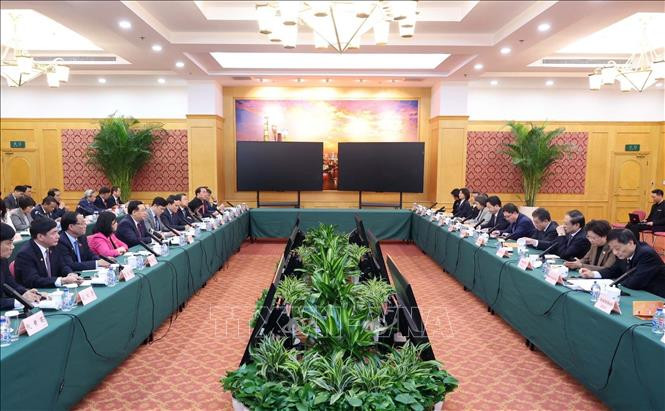
Speaking at the meeting, the National Assembly Chairman thanked the leaders of SHFTZ for providing important information, especially information on the mechanisms, policies, and legal framework for operating SHFTZ. The National Assembly Chairman hoped that the National People's Congress of China and the Shanghai Municipal Government would continue to share experiences with the agencies of the Vietnamese National Assembly in building an institutional framework for the operation of the Pilot Free Trade Zones.
The leaders of Shanghai and SHFTZ affirmed that, on the basis of the Vietnam-China Joint Statement on Building a Vietnam-China Community of Shared Future of Strategic Significance, Shanghai and SHFTZ will strengthen economic and trade cooperation with Vietnam; welcome and are ready to exchange and share experiences with sectors, fields and localities of Vietnam for mutual development.
Source








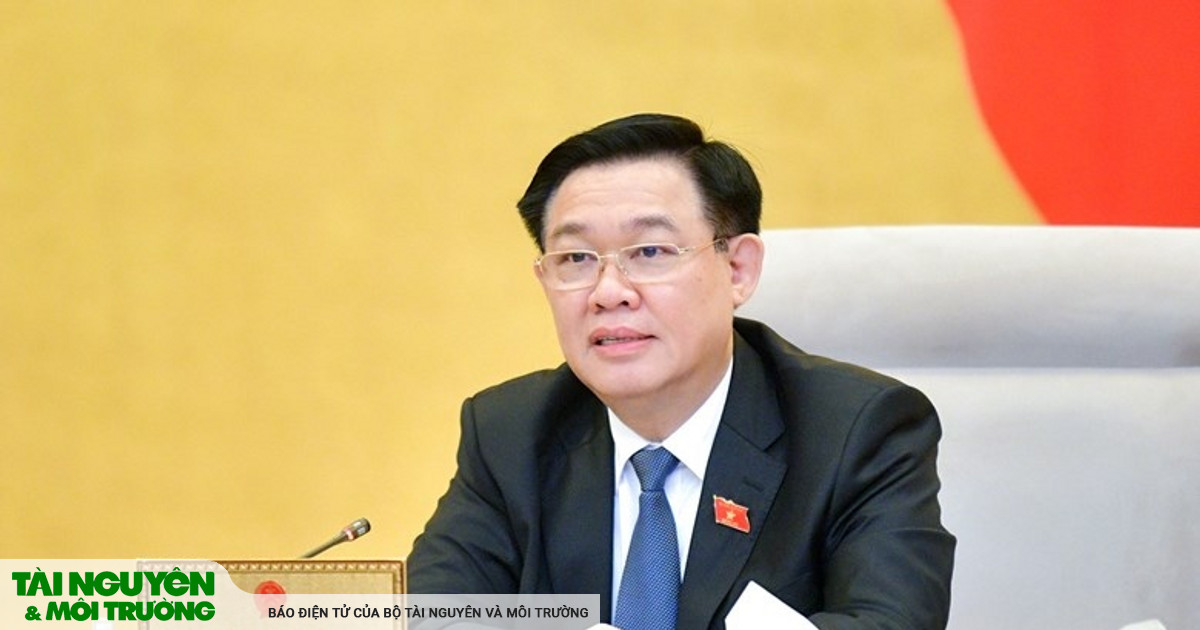
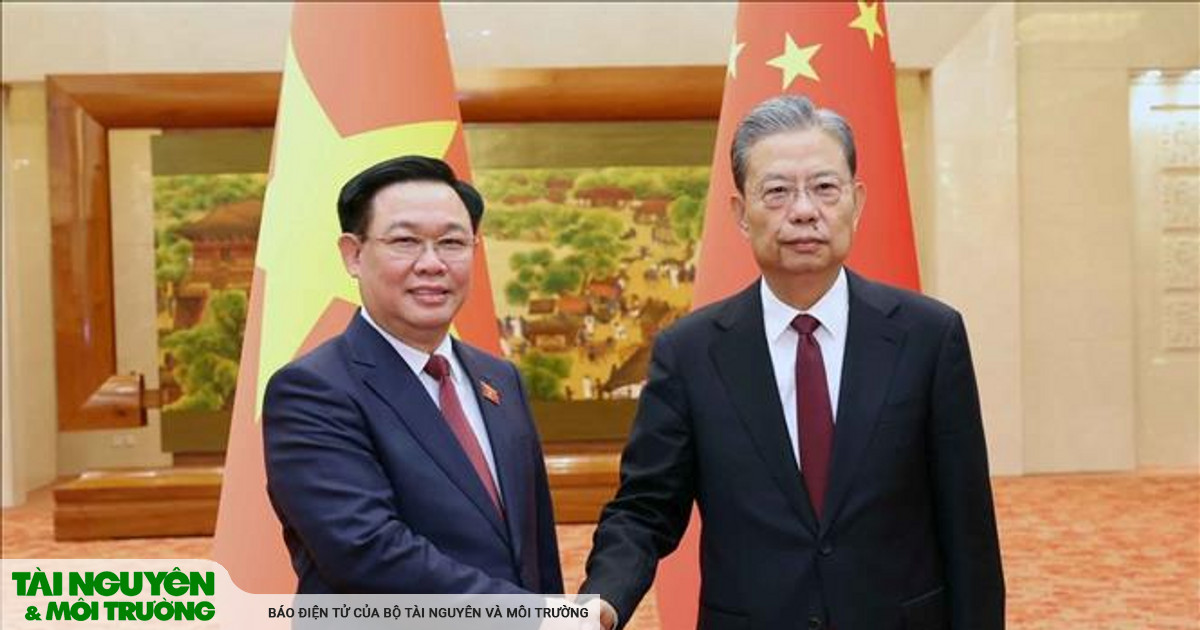
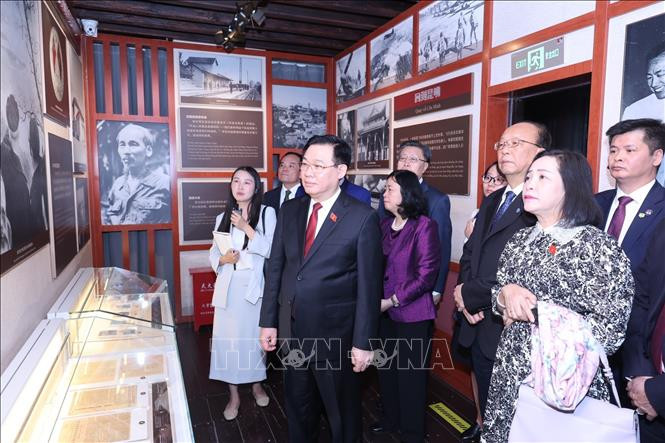
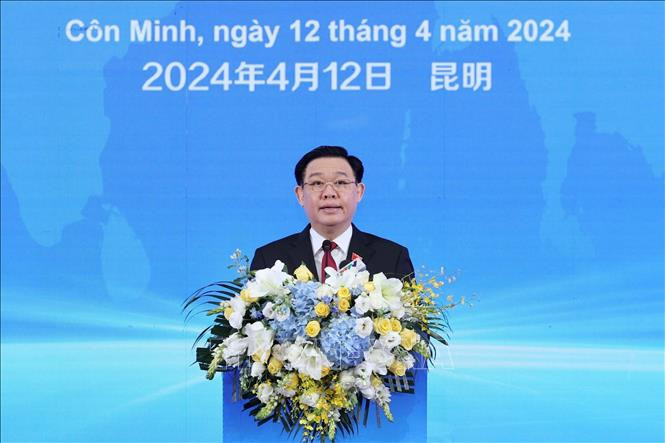
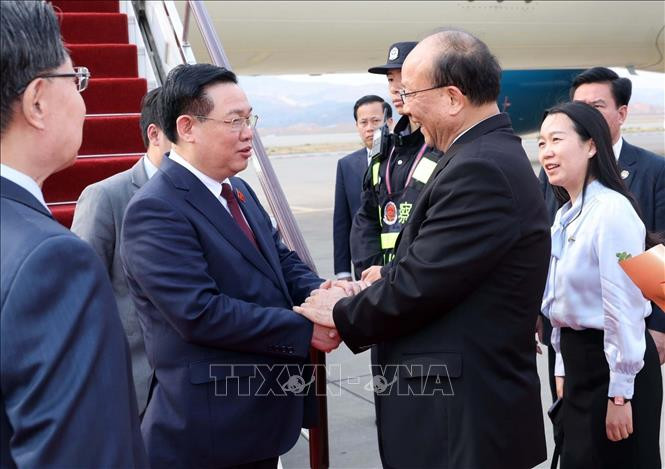
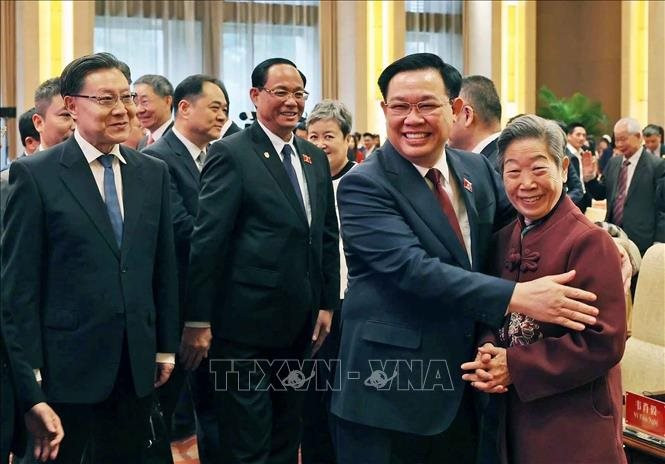

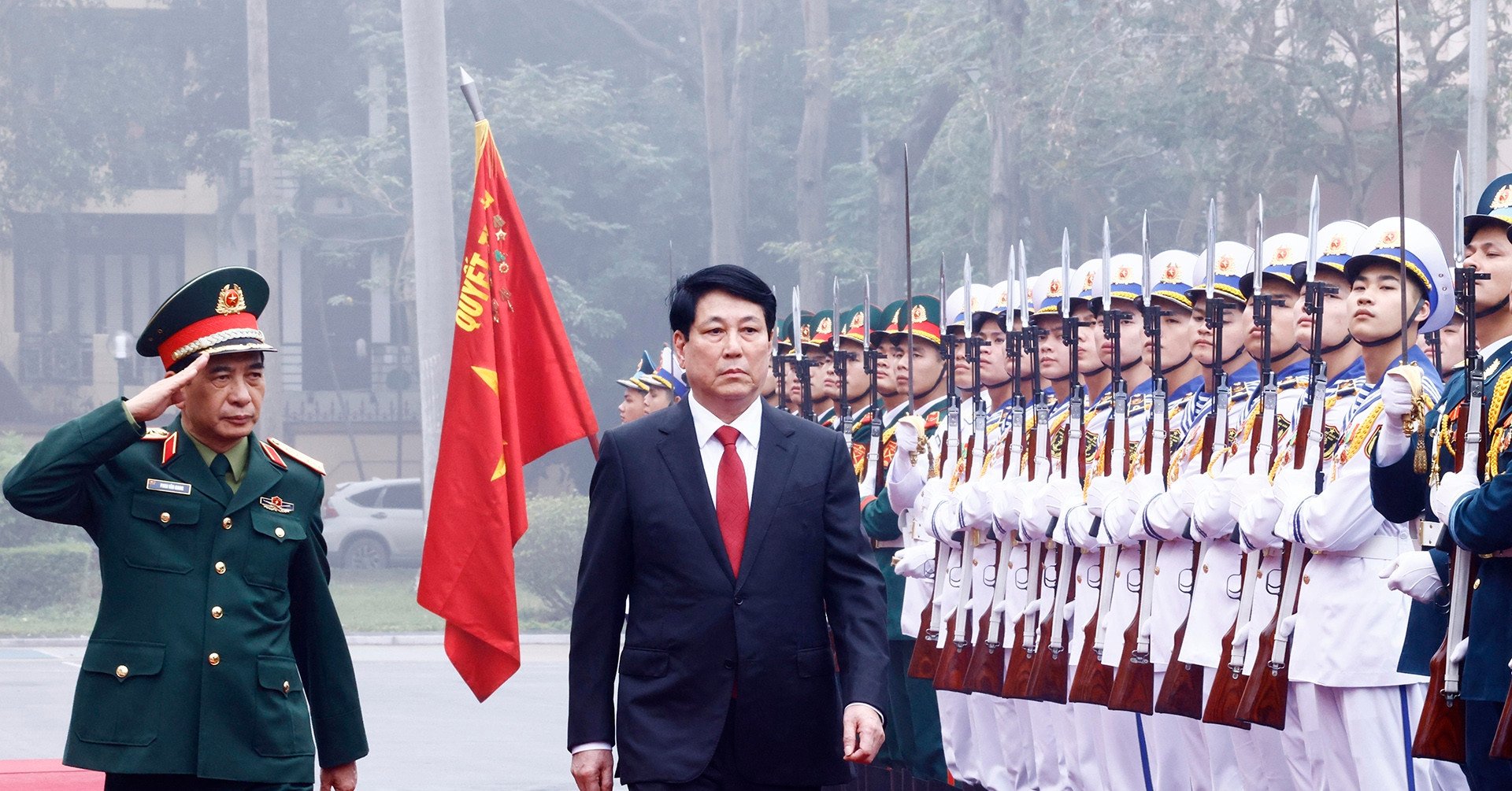

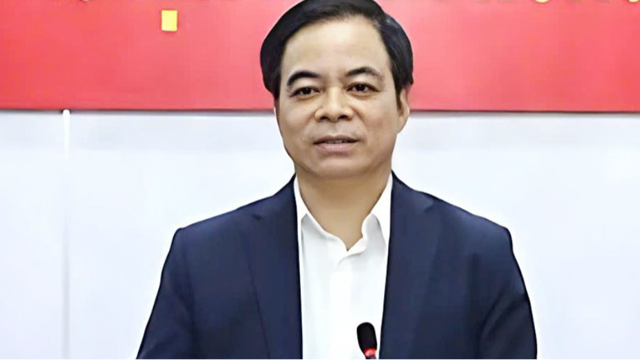




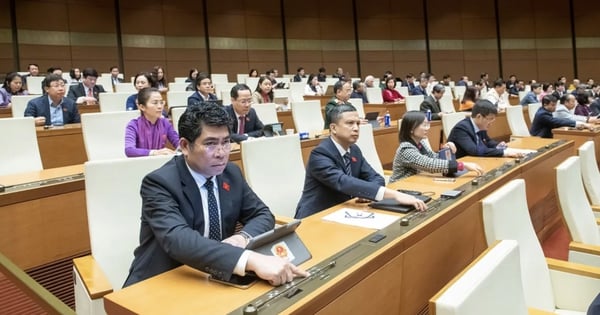


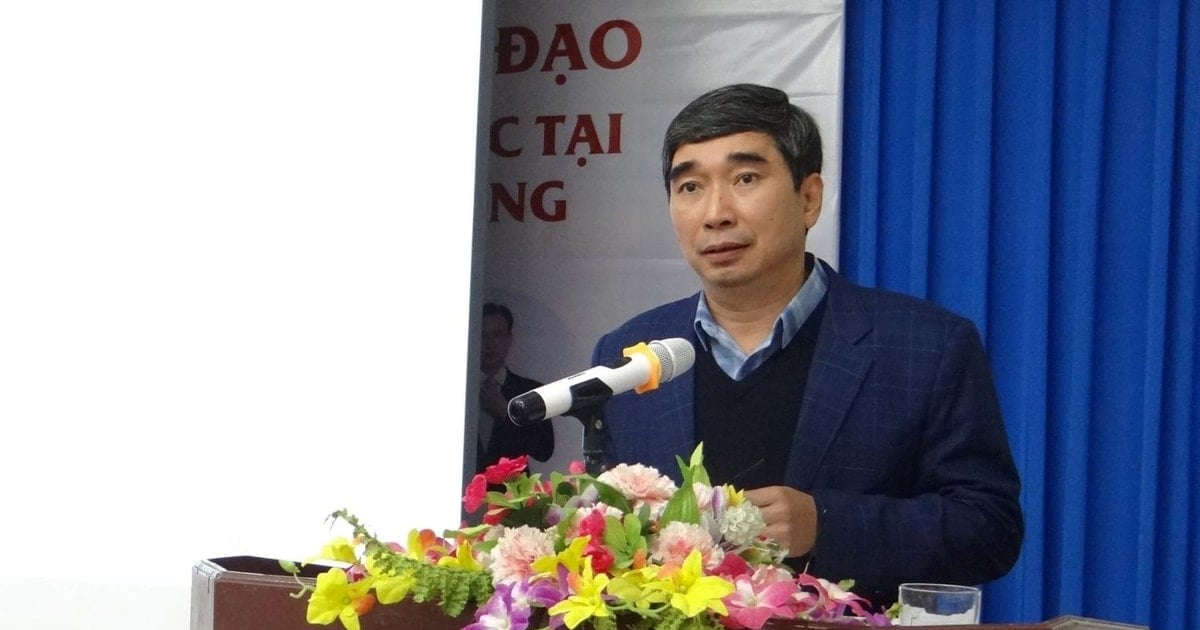
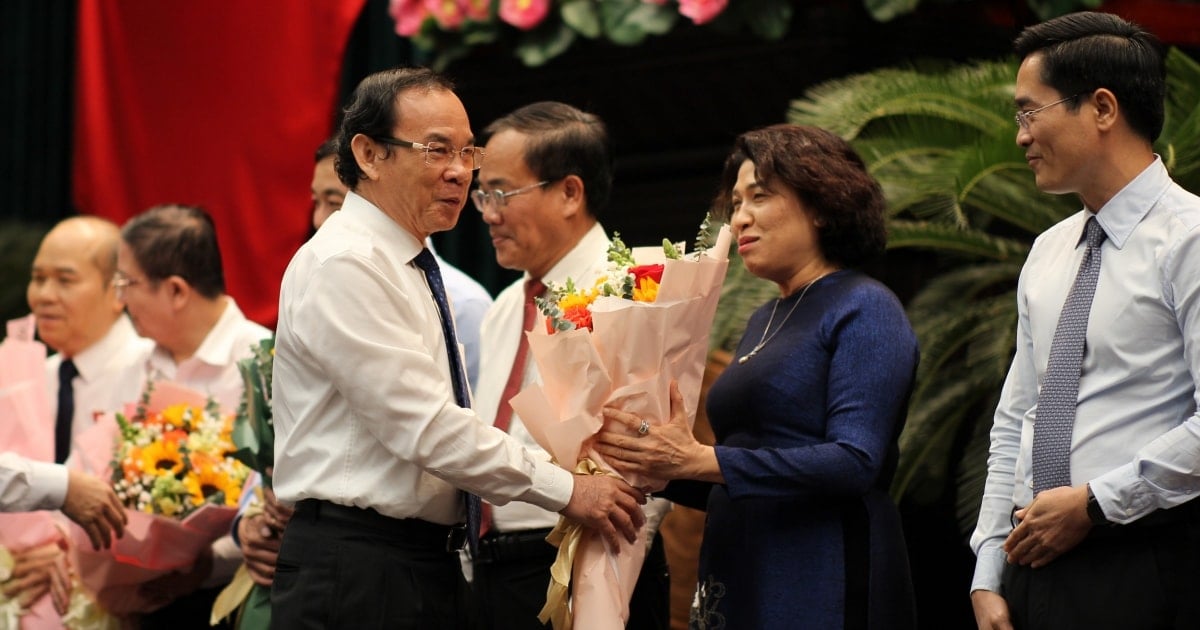
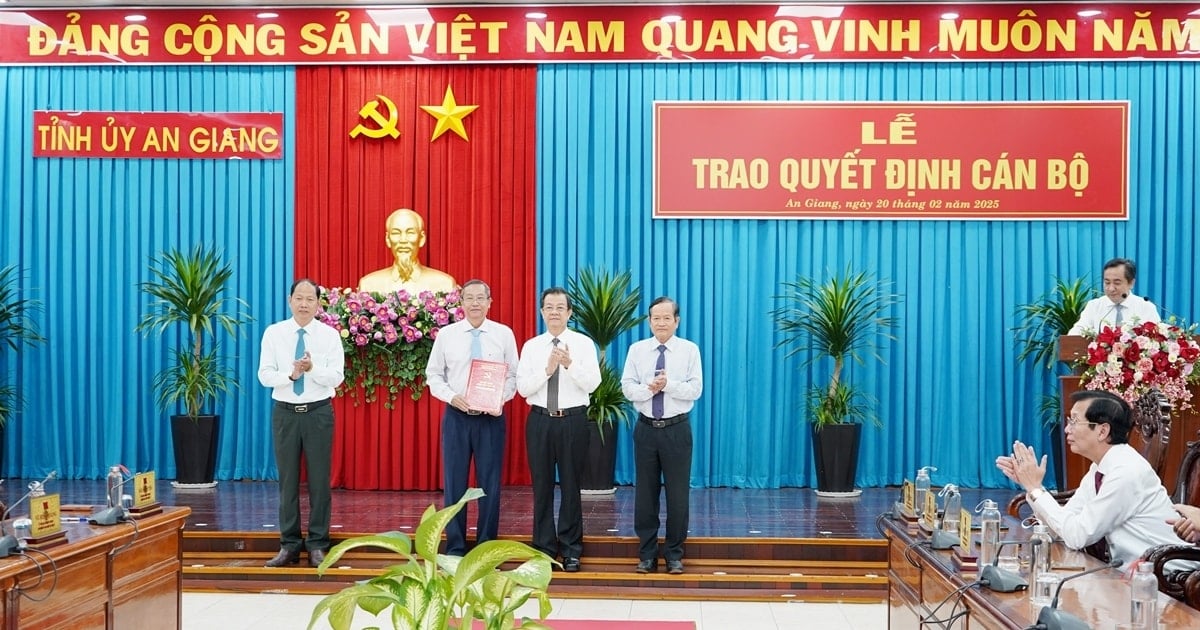

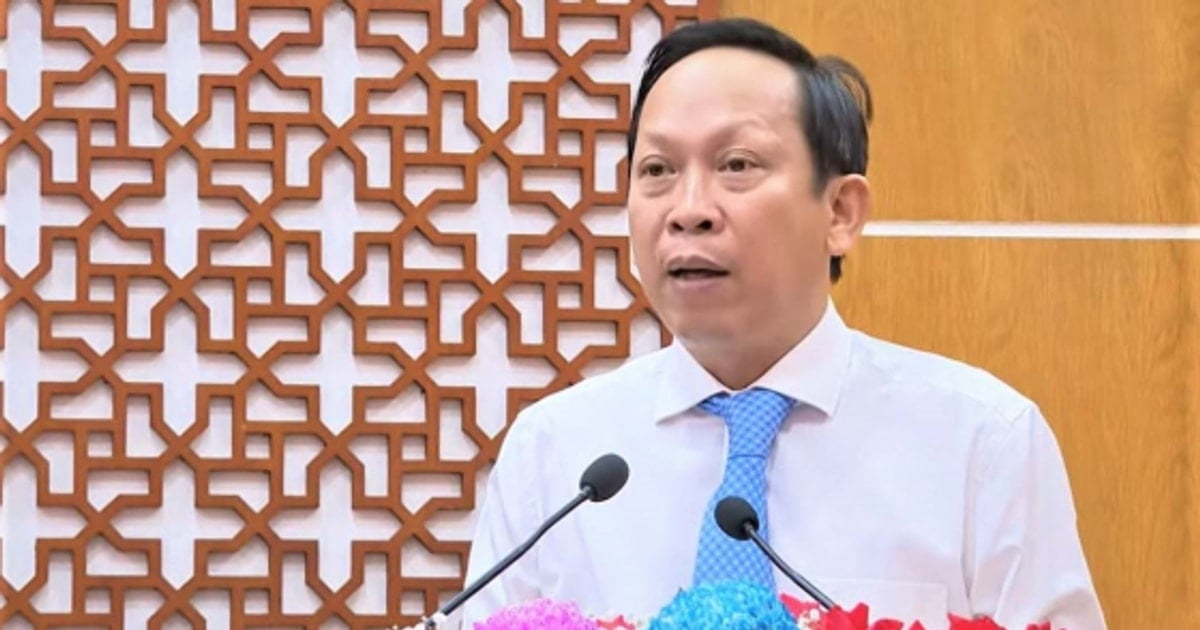
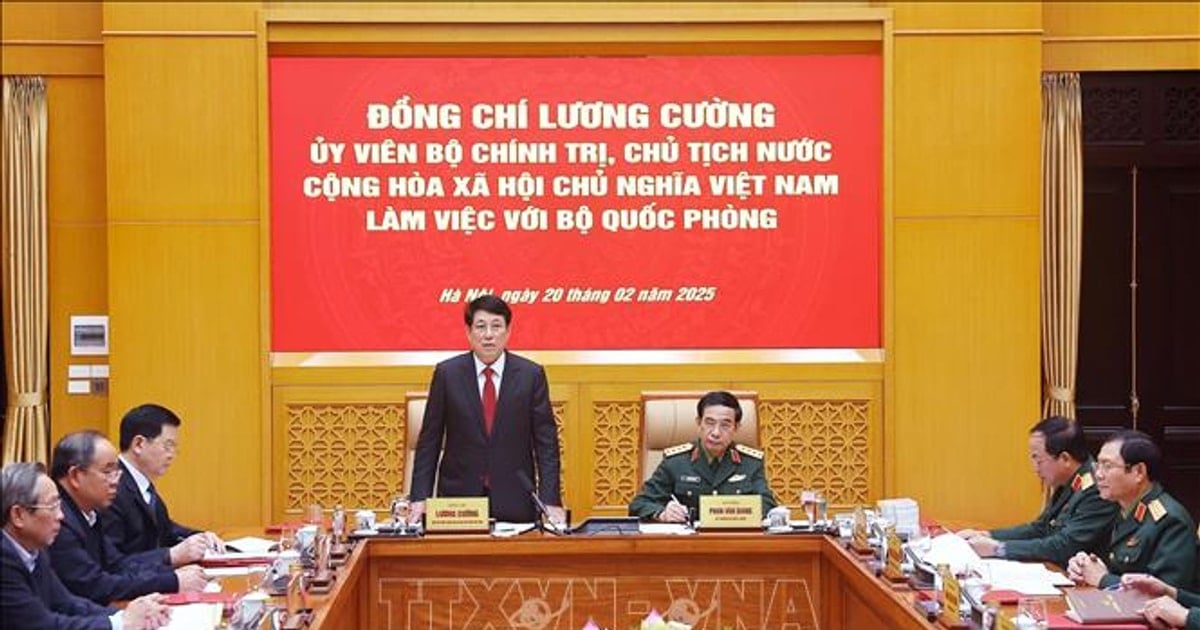












Comment (0)